On-demand: Webinar on sustainability in pig production
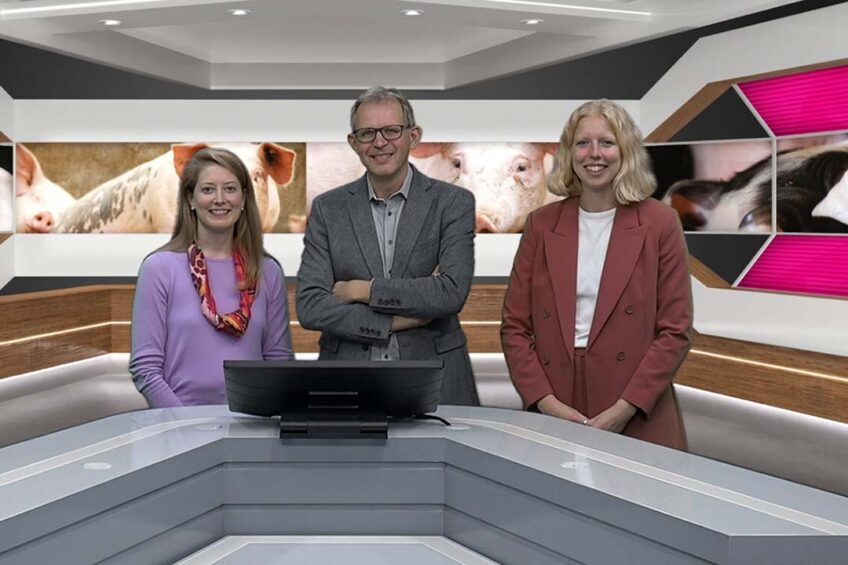
For pork producers to produce more sustainably is easier said than done. Where to start and what solutions are available for pork producers to produce more sustainably? This was discussed in a Pig Progress webinar, held in late 2023. The webinar is available for viewing on demand.
To review the webinar, click here
The webinar was held in cooperation with Cargill Animal Nutrition, featuring speakers Dr Alexandra Experton, sustainability leader at Cargill Animal Nutrition, EMEA; and Rosalie van Emous, senior technology lead sustainability at Cargill Animal Nutrition and Health. Both speakers alternated speaking during the webinar.
Paradigm shift in the world of animal production
In her introduction, Dr Experton explained set the stage for where livestock farming is headed. She touched on both the climate situation as well as the need to feed a growing population. In the past, she said, animal production was focused on themes like “health,” “performance” and “economics.” There has been a paradigm shift, she said, as today topics have widened, to become “health & welfare,” “sustainability” and “performance and economics.”
Finisher phase with the highest impact
Rosalie van Emous then took over focusing on a Life Cycle Assessment (LCA) to determine the environmental impacts associated with all stages of the life cycle of a commercial product, process or service. She showed that raw materials, especially oil seeds and second cereal grains, had the most impact on the carbon footprint, and that the finisher phase provides the highest impact (over 47%) of the total, with the other phases being post-weaning 1, post-weaning 2 and grower phase.
Solutions to improve sustainability
Van Emous went through a series of potential solutions that could be named.
Sustainable sourcing of raw materials: for instance Triple P Soy and novel ingredients like for instance insect oil;
Achieving precision nutrition through connecting digital decision-making tools to feeding strategies;
Reducing nitrogen excretion and water usage;
Optimising diets and improving welfare, e.g. ConverMax
 Beheer
Beheer
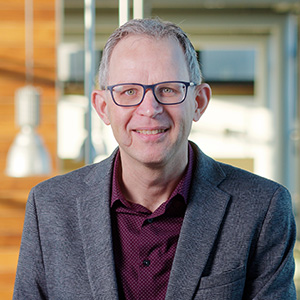
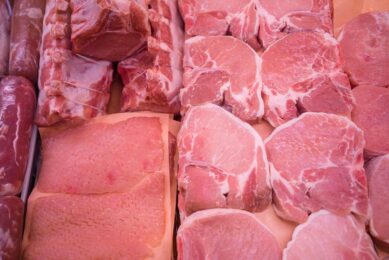
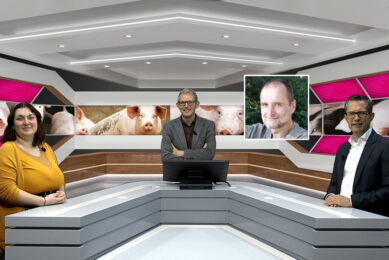
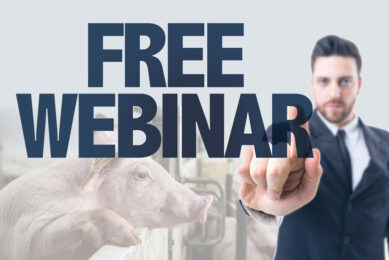
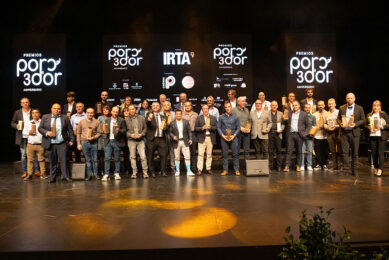



 WP Admin
WP Admin  Bewerk bericht
Bewerk bericht